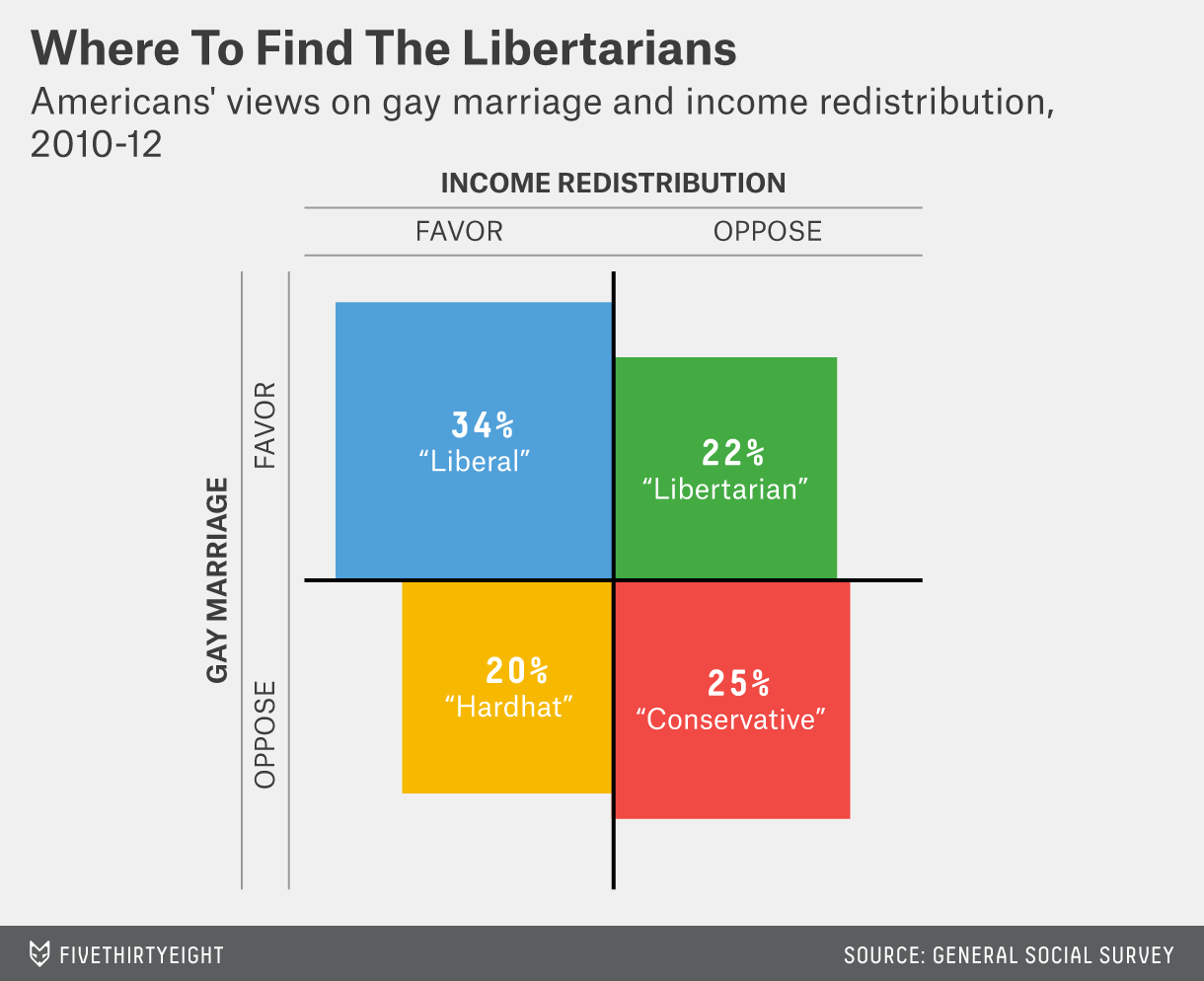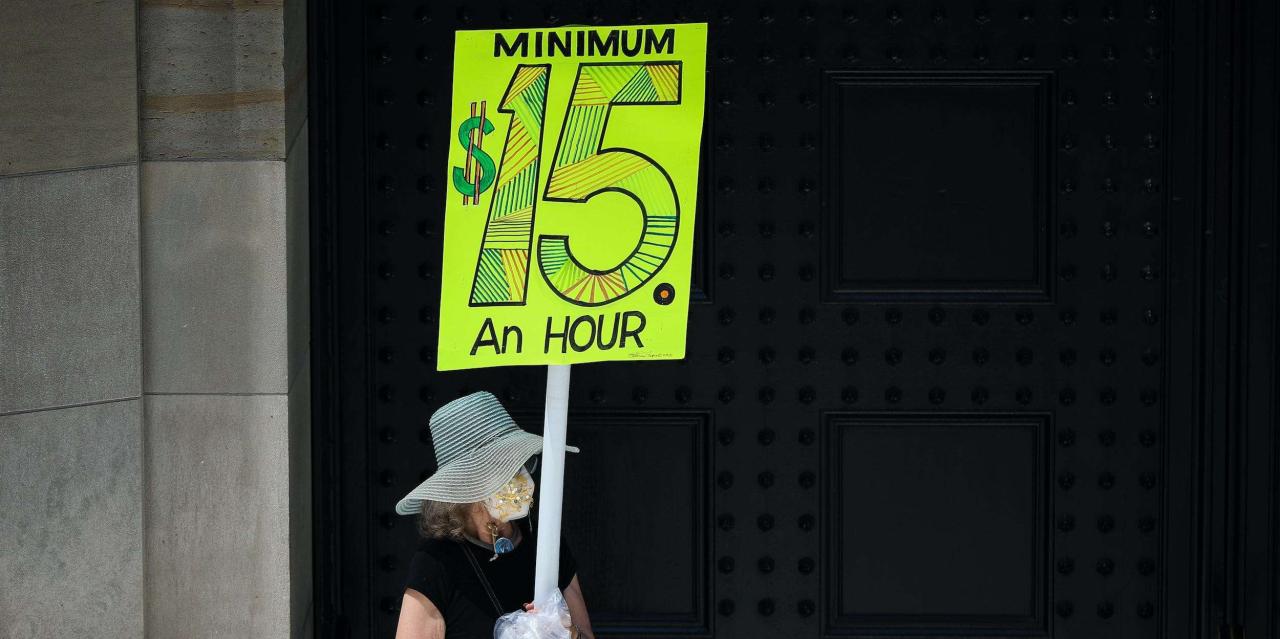Libertarian views on minimum wage present a unique perspective on the role of government in the economy. Libertarians prioritize individual liberty and free markets, advocating for minimal government intervention in economic affairs.
This perspective shapes their stance on minimum wage laws, which they argue can have unintended consequences for workers and businesses.
Economic Principles

Libertarians advocate for free markets and individual liberty. They believe that the government should play a limited role in the economy, allowing individuals and businesses to make their own decisions without excessive government interference.
Regarding minimum wage, libertarians argue that it is an unnecessary government intervention that harms low-skilled workers and stifles economic growth.
Government’s Role
Libertarians believe that the government’s primary economic role should be to protect individual rights, enforce contracts, and provide a stable monetary system.
- Protect individual rights:This includes the right to property, the right to contract, and the right to engage in economic activity without government interference.
- Enforce contracts:The government should ensure that contracts are honored and that parties are held accountable for their agreements.
- Provide a stable monetary system:The government should maintain a sound monetary system that protects the value of the currency and prevents inflation.
Libertarian Policies
- Repeal minimum wage laws:Libertarians believe that minimum wage laws are harmful and should be repealed.
- Reduce government spending:Libertarians argue that government spending is excessive and should be reduced to stimulate economic growth.
- Deregulate the economy:Libertarians believe that excessive government regulations stifle economic growth and should be eliminated.
Impact on Workers

The impact of minimum wage laws on employment rates is a complex issue with no easy answers. Some studies have found that minimum wage increases can lead to job losses, while others have found no significant impact. The effects of minimum wage laws are likely to vary depending on a number of factors, including the size of the increase, the economic conditions at the time, and the characteristics of the labor market.
Libertarians generally oppose minimum wage laws, arguing that they harm workers by reducing their employment opportunities. They argue that businesses are less likely to hire workers if they have to pay them a higher wage, and that this can lead to job losses.
Libertarians also argue that minimum wage laws can lead to higher prices for goods and services, which can hurt consumers.
Arguments for Raising the Minimum Wage
- Raising the minimum wage can help to reduce poverty and inequality.
- It can also boost consumer spending, which can help to stimulate the economy.
- Additionally, raising the minimum wage can help to improve the morale and productivity of workers.
Arguments Against Raising the Minimum Wage
- Raising the minimum wage can lead to job losses.
- It can also lead to higher prices for goods and services.
- Additionally, raising the minimum wage can reduce the incentive for workers to improve their skills and education.
Potential Impact of Eliminating Minimum Wage Laws
Eliminating minimum wage laws would likely lead to lower wages for some workers. However, it could also lead to more jobs being created, as businesses would be more likely to hire workers if they did not have to pay them a higher wage.
The overall impact of eliminating minimum wage laws is difficult to predict, but it is likely that there would be both positive and negative consequences.
Impact on Businesses
Minimum wage laws have a significant impact on business costs and profitability. Businesses must pay their employees at least the minimum wage, which can increase labor costs and reduce profits. In some cases, businesses may be forced to raise prices or reduce the number of employees they hire in order to offset the increased costs.
Libertarian View on Business Responsibility
Libertarians believe that businesses should not be required to provide fair wages. They argue that the free market should determine wages, and that government intervention in the form of minimum wage laws only serves to distort the market and harm businesses.
Business Responses to Minimum Wage Increases
Businesses have responded to minimum wage increases in a variety of ways. Some businesses have raised prices to offset the increased labor costs. Others have reduced the number of employees they hire, or have cut back on employee benefits. Some businesses have even closed their doors altogether.
Alternative Approaches: Libertarian Views On Minimum Wage
Libertarians argue that minimum wage laws are ineffective and harmful. They propose alternative approaches to addressing low wages, such as tax credits or wage subsidies.
Tax Credits
Tax credits are direct payments to workers from the government. They can be used to offset the cost of employment taxes, making it cheaper for businesses to hire workers.
Libertarians support tax credits because they believe they are more effective than minimum wage laws at raising wages without harming employment.
Wage Subsidies, Libertarian views on minimum wage
Wage subsidies are payments from the government to businesses that hire workers. They can be used to offset the cost of wages, making it more affordable for businesses to pay higher wages.
Libertarians support wage subsidies because they believe they are more targeted than minimum wage laws and can be used to help workers in specific industries or regions.
Comparison of Alternative Approaches
The following table compares the potential benefits and drawbacks of tax credits, wage subsidies, and minimum wage laws:
| Approach | Benefits | Drawbacks |
|---|---|---|
| Tax Credits | – Increase wages without harming employment
|
– Can be expensive
|
| Wage Subsidies | – Increase wages without harming employment
|
– Can be expensive
|
| Minimum Wage Laws | – Increase wages for low-income workers | – Can harm employment
|
Ultimately, the best approach to addressing low wages is a matter of debate. Libertarians believe that tax credits and wage subsidies are more effective and less harmful than minimum wage laws.
Helpful Answers
What is the libertarian argument against minimum wage laws?
Libertarians argue that minimum wage laws can lead to job losses, particularly for low-skilled workers, as businesses may not be able to afford the increased labor costs.
Do libertarians support any alternative approaches to addressing low wages?
Yes, libertarians favor approaches that promote economic growth and job creation, such as tax credits or wage subsidies, which can help low-income earners without the negative consequences associated with minimum wage laws.